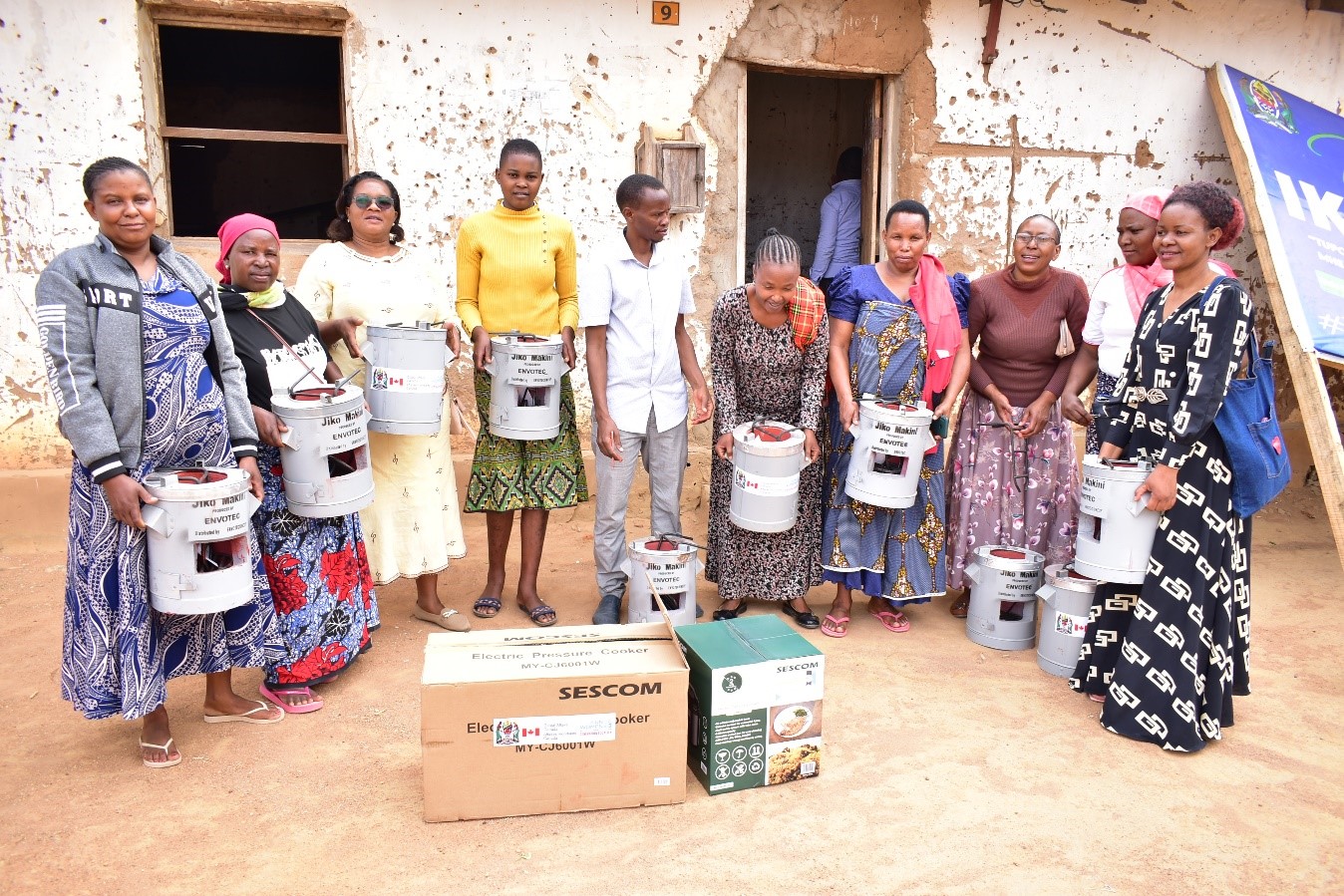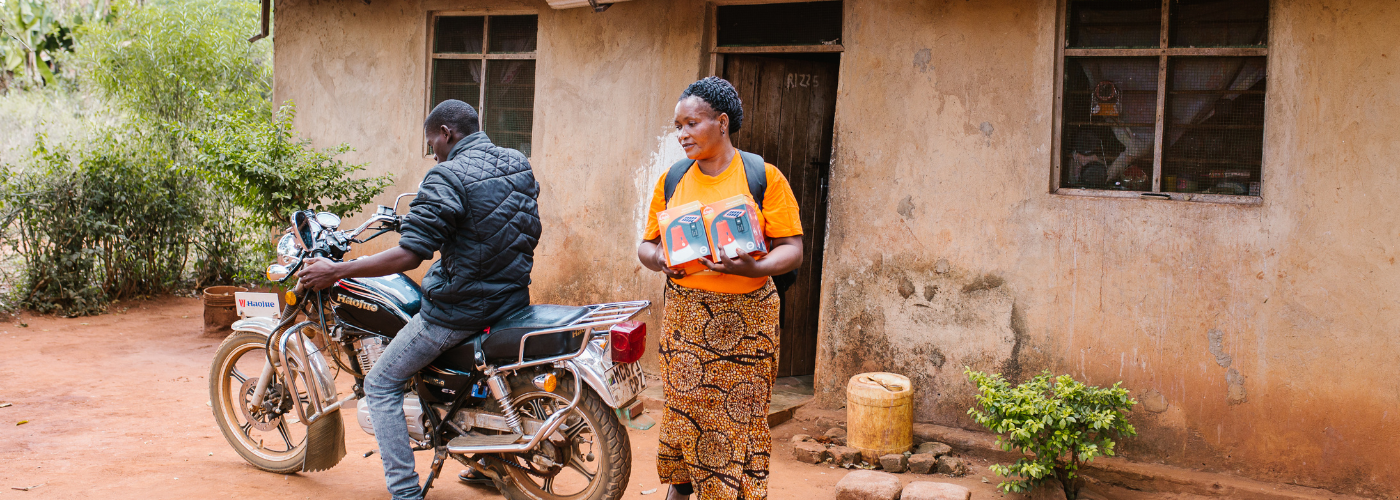By TANGSEN
TANGSEN is currently in the second year of the ENERGIA Phase 7 project, focusing on Driving the Energy Transition and Climate Justice. The project is supported by ENERGIA and Sida, and aims to empower marginalized communities, especially women, by providing access to clean energy and climate resilience strategies. It builds on the previous ENERGIA project, which supported women entrepreneurs in clean energy and sustainable markets through training, mentoring and marketing opportunities. The current project aims to unlock potential for women to lead, participate and benefit from clean energy and climate justice in Tanzania. The project will run through 2026, continuing its efforts to promote women’s leadership in climate action and sustainable development.
Key achievements so far
Preparation of the TACCS Strategic Plan
TANGSEN supported the development of the first Strategic Plan Document of the Tanzania Association of Clean Cooking Stakeholders (TACCS) with technical input on energy related issues and TZS 2,800,000 (approx. Euro 1,000). Implementation started in July 2023 and will be ending in June 2027. This SP outlines TACCS’s vision, mission, strategic goals, and key intervention areas. It also incorporates the contributions, perspectives, and interests of TACCS members, as well as other stakeholders within the energy sector. The final SP was shared to TANGSEN.
Inauguration of the TACCS-Women Chapter
Following the launch of the Strategic Plan, TANGSEN supported TACCS in the establishment of the Women’s Chapter within the association, identification of key stakeholders and the organization and facilitation of a first meeting. The meeting aimed to discuss strategies for empowering women and girls in line with Sustainable Development Goal 5, which focuses on gender equality. A key outcome of the meeting was the official launch of the TACCS-Women’s Chapter (TACCS-WC) on July 26, 2024. The TACCS-WC address women’s specific challenges and enhance their participation in the sector. The event marked a major step forward in promoting gender equality and leadership in Tanzania’s clean cooking industry.
Collaboration with Ministries to advance the gender and energy agenda
In Dodoma, the administrative capital of Tanzania, TANGSEN conducted meetings with key Ministries, including the Ministry of Energy, the Ministry of Community Development Gender and Children and with the President’s Office Regional Administration Local Government.
The primary outcome of the session was the agreement on the process for reviewing the SEforALL – Gender Action Plan (GAP) and finalizing the Ministry of Energy’s Gender Mainstreaming Guidelines. The decision made during the session was to first review the Technical Working Group (TWG) and assess the implementation status of SEforAL – GAP document to determine its current usage, which will inform the ongoing update process.
Capacity Building
To keep a knowledgeable and competent team, TANGSEN invests in its staff. In 2024, two technical staff members attended a leadership training organized by Climate Action Network Tanzania. The training, which included representatives from various organizations across Tanzania, enhanced TANGSEN’s team collaboration and coordination in project implementation and resource mobilization. Additionally, TANGSEN’s Information and Communication Officer attended a Gender Responsive Reporting and Communication training organized by the University of Aga Khan in Nairobi, Kenya. Participation in the training strengthened the capacity of the project staff on how to communicate and report gender-sensitive issues effectively, both internally and to the wider audience.
TANGSEN, UN Women and TACCS collaboration

TANGSEN, UN Women and TACCS collaborate in the promotion of Clean Cooking in the Ikungi District in Singida Province. This collaboration includes technical capacity building, installation of market and distribution points and awareness raising activities on the positive effects of clean cooking. One of the activities, called ‘Upishi bora, punguza kazi bila malipo’ in Kiswahili (Good cooking, prevent unpaid work) has been the distribution of over 235 electric stoves, including electrical pressure cookers, and induction stoves, as well as improved charcoal and firewood stoves. Community members contributed a small cost to ensure the project’s sustainability. This project has enhanced access to cleaner cooking energy while reducing health and environmental risks associated with traditional cooking methods.







